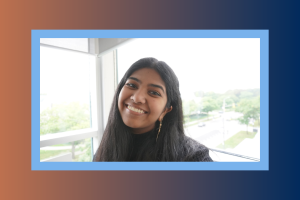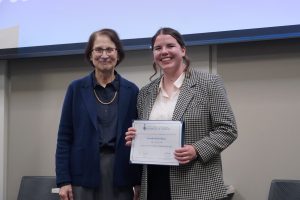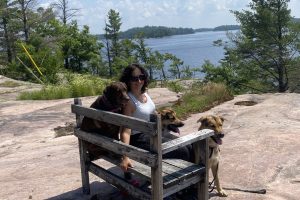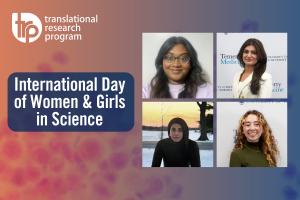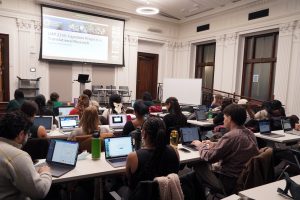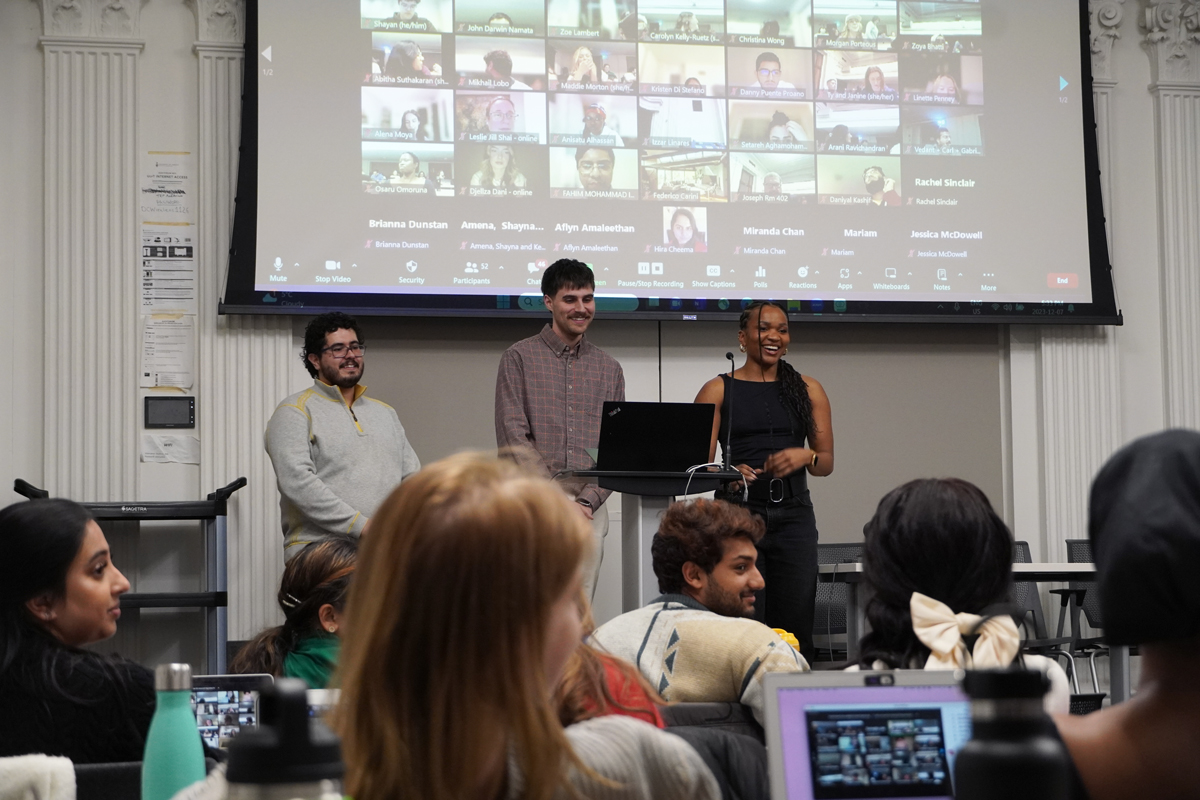
Careers from TRP - Talks with Dr. Danny Puente Proaño
Dr. Danny Puente Proaño talks about his experience researching the therapeutic uses of cannabinoids and how the TRP helped him continue to pursue patient-centric research.
As a doctor, Dr. Danny Puente Proaño has worked to highlight his indigenous roots by looking at health holistically with love at the center. When looking to grow as a clinician and a researcher, this value was a major factor that inspired Dr. Danny Puente Proaño to join the MHSc Translational Research Program (TRP) at the University of Toronto, a program whose main focus is patient-centric projects in healthcare.
In Ecuador, with the support of his community, Puente Proaño became a medical doctor and as a general practitioner was part of the first line of care during the Covid-19 pandemic at the emergency room in a tertiary care hospital. In this position, he became aware of the lack of experience and knowledge when it came to improving the delivery of treatments to patients as the bases of these rely on available evidence. The patients themselves have been forced into the background, without a position to express their needs. “As doctors and healthcare personnel, we have become accustomed to deciding what is best for the patient,” he stated.
When a patient comes to a traditional healer, the healer doesn’t prescribe a general treatment. He tries to put the background of the patient, their history, even the social relations around the patient into the treatment. The treatment is made only for you.
Puente Proaño maintains a strong connection to his indigenous community in Ecuador and is an advocate for their traditional healing practices. He proudly promoted the community’s values in holistic care and personalized treatments. “When a patient comes to a traditional healer, the healer doesn’t prescribe a general treatment. He tries to put the background of the patient, their history, even the social relations around the patient into the treatment,” he described. “The treatment is made only for you.”
In addition to these practices, traditional healers also uphold the ancestral wisdom and knowledge surrounding endemic plant-based treatments distributed across Ecuadorian territory, through the coast, highlands, and amazon jungle. Keeping these traditions in mind, Puente Proaño conducted his own independent ethnobotanical study, while working with another independent researcher.
I wanted to find a program that makes an impact for patients
Here, he began identifying the active components of these plants, in an attempt to discover potential therapies. His research was later directed to cannabis and its potential for the treatment of neurodegenerative diseases, such as Alzheimer’s disease. Pursuing this research since 2018, he gained a certification in Advanced Studies in endocannabinology, cannabis, and cannabinoids in 2020 from the Universidad Nacional de Rosario – Argentine.
While he wanted to continue his research in the therapeutic uses of cannabinoids to modulate the Endocannabinoid System (ECS), Puente Proaño was still searching for ways to connect his drive for discovery with his concern for patient needs – and this is where he found the TRP. “I wanted to find a program that makes an impact for patients,” he said.
Within the TRP, and with the continued support of his community back home, Puente Proaño has had the opportunity to build his confidence in reaching out to stakeholders and learning from everyone around him. From learning how to develop a project pitch to reaching out to stakeholders, “Initially, it felt like I was part of a philosophy program,” he said when describing the TRP’s unique research paradigm. “It was a real opportunity to improve my understanding of a problem from different perspectives.”
He also noted how being taught to challenge his thinking was so different from what he was used to. “When I was in medical school in Ecuador, you only follow instructions – complete the course, get evaluated by a test, and that test decides if you’ve learned about a specific topic. When you ask questions or doubt something, it’s not always well viewed,” he said. “Here [with the TRP], you have to think and reflect to improve your knowledge, which is something very important to me.”
All this time, we’ve been dealing with ambiguity, now I am applying it to my life
Puente Proaño doesn’t yet know what he will do after the program. “All this time, we’ve been dealing with ambiguity, now I am applying it to my life,” he says with a smile. His research in the endocannabinoid system still drives him as he begins to look forward to his capstone project. He hopes to collaborate with UofT’s institution, the Toronto Cannabis and Cannabinoid Research Consortium (TC3) to continue his work and combine it with his new TRP mindset. Now, in addition to the physical science of this field, Puente Proaño became interested in the unaddressed public health factors involved in the policies and legalization of cannabis in Canada.
In continuation of his research on therapeutic uses of cannabis, Puente Proaño hopes to elaborate on the theoretical framework of this field of research. “I am thinking of building a diagnostic tool for genetic profiling. Since all of our bodies are different, our endocannabinoid systems are also different,” he said. “Having the genetic information of the patient might allow us to improve or even reduce side effects of medicinal cannabis, for a safer and more personalized prescription within a wide variety of illnesses.”
Though he may not know whether he might continue his research here in Canada or return to Ecuador to work there, Puente Proaño is making the most of all the opportunities the TRP is offering, such as being part of the Ideation Clinic – an organization focused on supporting healthcare innovation projects, founded by Joseph Ferenbok, the director of the TRP. However, wherever he goes, he keeps his culture’s inspiration with him.
“The people motivated to transform is what inspires me to be here and give the best of myself to achieve our collective goal. But really, I am here for love. That love for humanity, for patients, and for understanding their suffering. Loving supposes bravery, courage, ability to give up your comfort for the good of the other. I come from a place in the middle of the Andes where the spirit of the Andean worldview is still alive, where my ancestors shaped a community lifestyle to live fully, called “Sumak Kawsay” that has motivated us to look at the difficulties as opportunities to improve and therefore innovate to achieve the common good.”
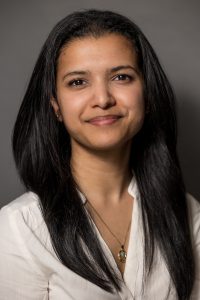
Radhika Prabhune
Radhika is an alumni of the Translational Research Program.
Like this story?
Explore
- Room 120
- Old Administration Building
- University of Toronto
- 263 McCaul, Toronto, ON
- Canada, M5T 1W7
Copyright © 2024 — MHSc in Translational Research. All Rights Reserved
